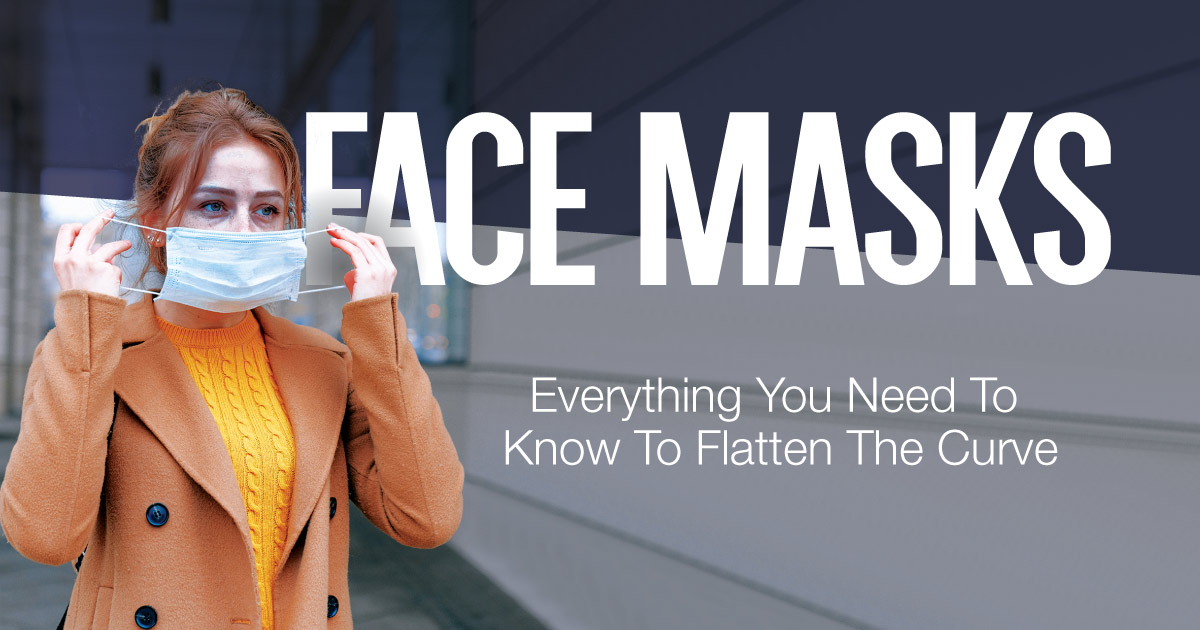No one really understands why, but face masks have become one of the most divisive issues of our lifetime. The science is still being worked out, but the general consensus is that wearing a mask is probably better than not wearing a mask, and even a tiny reduction in the transmission of COVID-19 can save lives. But there are some significant cultural hurdles to clear to make face masks an accepted part of our pandemic lives, and some people are reacting violently to the suggestion they should cover their faces in service to others. If you need to interact with the public to do your job, chances are you are being asked to do so with a homemade face mask on, and the good news is that making your own face mask is very simple to do.
Why Face Masks?
Part of the problem is that there was a lot of conflicting information early on about whether people should wear face masks at all and whether they would be effective. Early concerns were mostly about medical-grade masks, and the consensus is still that unless you are treating COVID-19 patients you don’t need an N-95 mask or even a surgical mask. Instead, nonmedical civilians are being asked to wear a cloth mask to prevent the spread of COVID-19, but do they work?
What We Know (And Don’t Know) About Face Masks
Because there is so much we don’t know about the novel coronavirus, there is a lot we don’t know about the efficacy of face masks in preventing its spread. We don’t know exactly how virulent it is, but we do know it is more virulent than the flu. We also know that it spreads through droplets that come out when a person coughs or sneezes, and preventing those droplets from traveling as far as they would if a cough or sneeze were left uncovered is the key to slowing the spread of COVID-19.
But even organizations like the World Health Organization and the Centers for Disease Control and Prevention have differing opinions about who should wear masks and under what circumstances. The most important piece of information thus far from the WHO is that masks are only effective when the wearer knows how to use them properly, and that they do not replace proper hand washing and sanitizing. The CDC also says that masks should not be a replacement for other social distancing measures.
Face Masks Are The Best We Have Until There’s A Vaccine Or Cure
Until there is a way to effectively treat or prevent COVID-19, face masks are the best defense we have. As states gradually begin to reopen and more people go out in public, face masks can prevent the bulk of particles from getting through and infecting others.
As a courtesy to those around you, wearing a mask shows that you care. It can help prevent the spread of COVID-19, even if just a little, and it can protect lives.
If your workplace doesn’t have a mask policy, make sure they are considering one. Masks should be worn by both workers and patrons of any business whenever possible, so make sure you are comfortable with your working conditions.
Learn all about homemade face masks and how to make them from the infographic below.



